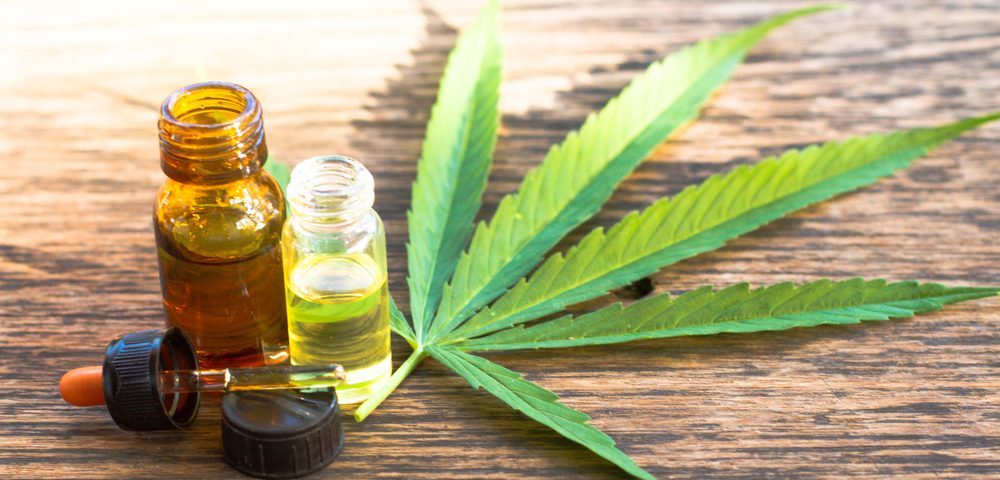Adding medical cannabis to standard pain relief therapy leads to clinical improvements in a significant proportion of patients with fibromyalgia, particularly among those with sleep problems and a lower body mass index (BMI), a new study has found.
The study, “Adding medical cannabis to standard analgesic treatment for fibromyalgia: a prospective observational study,” was published in the journal Clinical and Experimental Rheumatology.
Fibromyalgia is characterized by chronic widespread pain, fatigue, sleep dysfunction, and cognitive issues. Because the causes of fibromyalgia are largely unknown, finding effective treatments for the chronic condition is challenging.
Additionally, patients often stop taking their medications because of limited efficacy and side effects. Hence, there is a significant need to identify more effective therapies.
Medical cannabis treatment (MCT) is a recently introduced therapeutic option for patients who are dissatisfied with their current analgesic, or pain relief, treatment. MCT has been shown to be moderately effective in a range of chronic non-cancer pain conditions. However, few studies have investigated its effectiveness in patients with fibromyalgia.
In the study, a group of Italian researchers set out to evaluate whether the addition of MCT to standard analgesic treatment might lead to clinical improvements in patients with fibromyalgia. Additionally, they analyzed the retention rate and whether there were any changes made to standard analgesic treatment over a period of six months.
The study included 102 patients with fibromyalgia who, despite being on standard analgesic treatment, reported consistent mild or higher intensity pain (a score greater than four on the pain visual analogue scale) that lasted most of the day.
Participants were prescribed two oil-diluted cannabis extracts: Bedrocan (containing 22% of tetrahydrocannabinol, and less than 1% of cannabidiol) and Bediol (containing 6.3% of tetrahydrocannabinol, and 8% of cannabidiol).
Disease severity was assessed using the Fibromyalgia Impact Questionnaire (FIQR), symptom severity with the Fibromyalgia Assessment Scale (FAS), fatigue with the FACIT-Fatigue score, sleep quality with the Pittsburgh Sleep Quality Index (PSQI), and anxiety and depression with the Zung Depression and Anxiety Scales.
During the study, patients were allowed to reduce or completely stop taking their routine analgesic medications.
Results indicated that the six-month retention rate of MCT was 64%, which was relatively high compared to the usually poor treatment compliance seen for other types of medications taken by fibromyalgia patients.
Additionally, MCT led to a significant improvement in sleep quality (assessed by PSQI) in 44% of the patients, and lessened disease severity (assessed by FIQR) in 33%. Furthermore, half of the patients experienced a moderate improvement in their anxiety and depression.
Statistical analyses found an inverse correlation between BMI and FIQR improvements, with lower BMI patients more likely to experience clinical improvements. This is likely because patients with a higher BMI need higher doses of MCT for it to be effective.
Nearly half (47%) of the patients either reduced or suspended their analgesic treatment altogether.
A third of the patients experienced mild adverse events, which did not lead to any significant treatment modifications.
“This observational study shows that adjunctive MCT offers a possible clinical advantage in [fibromyalgia] patients, especially in those with sleep dysfunctions,” the researchers wrote.
They noted that MCT offers more benefits than opioids, which are sometimes prescribed to patients with fibromyalgia. In fact, studies have shown that MCT is a much safer adjunct therapy than opioids, which have a high risk-benefit ratio.
The researchers added that further studies are needed to confirm these findings and identify those most likely to respond to MCT treatment, as it is not effective across the entire patient population. This can help physicians determine which patients should be prescribed MCT to help manage their pain.

